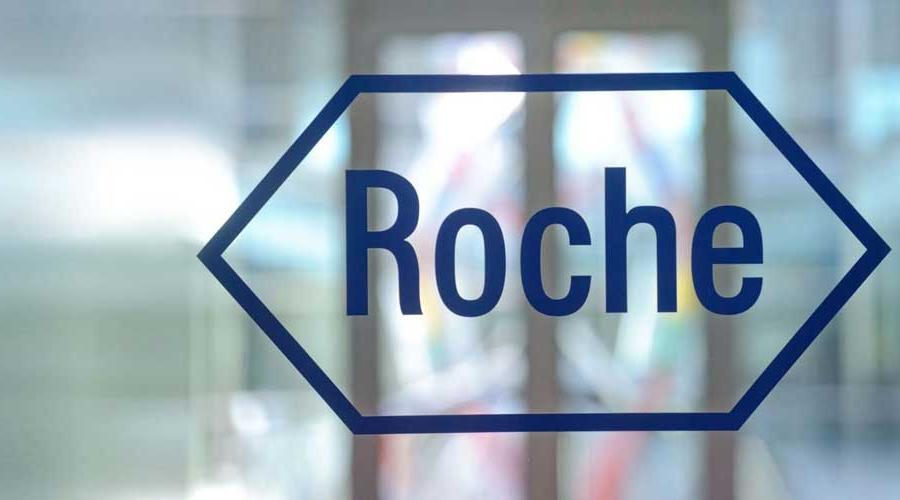Roche inks pipeline deals with Orionis, PeptiDream

Roche has bolstered its R&D pipeline in oncology and neuroscience with a pair of partnerships with Orionis Biosciences and PeptiDream, parting with upfront cash of $87 million for projects in the hot areas of molecular glues and radiotherapy-delivering drugs.
The deal with Orionis has a top-line value of $2 billion, with $47 million of that paid upfront, and is focused on the development of monovalent molecular glues for cancer and neurodegenerative disorders. It updates an earlier alliance between the companies signed in 2020.
Orionis’ Allo-Glue platform is designed to find small-molecule compounds that can bind to a specific intracellular protein and change its form and function, for example, marking it as defective and a candidate for breakdown and disposal by the cell’s housekeeping processes.
Orionis’ approach can also generate drugs that encourage the binding of a protein with another protein with which it would not normally interact, effectively sticking them together.
Protein degraders are attracting a lot of attention in the pharma sector at the moment as a possible way to address hitherto “undruggable” targets, and have sparked a series of big-ticket licensing deals between their developers and big pharma partners.
Molecular glues come into that category but are also attracting attention in their own right, as seen by Bristol-Myers Squibb’s alliances with Evotec and SyntheX and recent partnerships between MSD and Proxygen, as well as Incyte and BioTheryx.
Orionis will design molecular glues for targets chosen by Roche’s Genentech unit, with the latter responsible for taking over responsibility for any resulting candidates from the late preclinical stage.
“Molecular glue degraders are an exciting modality to target disease-related proteins that have proven challenging with more traditional treatment modalities,” said James Sabry, global head at Roche Pharma Partnering.
“For patients with unmet needs, this offers a new therapeutic approach to modulate major disease drivers.”
Peptide-radioisotope alliance
In its PeptiDream partnership, Genentech is paying $40 million upfront, with another $1 billion in potential milestone payments, for access to the biotech’s peptide drug discovery platform, continuing a progressive buy-in to the technology that started back in 2015.
PeptiDream’s macrocyclic peptides can either act as medicines in their own right or can serve as targeting mechanisms for another therapeutic payload. In this case, the partners will work on macrocyclic peptide-radioisotope drug conjugates that can deliver radiotherapy to specific tissues, such as tumours, and reduce off-target effects elsewhere.
The Japanese biotech will undertake preclinical development of the candidates before handing them over to Genentech for further development. It also has billion-dollar-plus collaborations in place with Astellas, MSD, and Eli Lilly.













